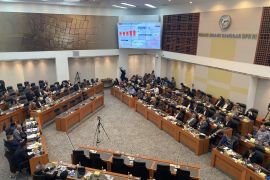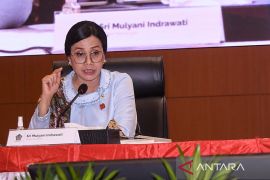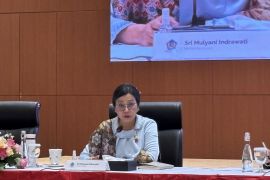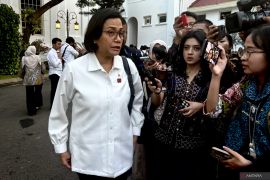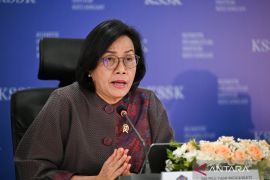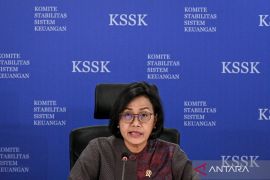"It is the upper class society who has purchasing power. They put their money in banks. This means a problem. Have they changed their consumption pattern?. But the change has not been seen from all types of consumption recorded by the BPS (Central Statistics Agency)," she said here on Wednesday.
Sri Mulyani said the middle and upper class people have much deposits in banks as the deposits grow more than Rp5 billion. In fact, third party fund placement in banks continue to increase.
But she refused to divulge the reasons why the middle and upper class people hold purchasing power. As a matter of fact, consumer confidence index is on the rise.
"So, there is something wrong here. They have high confidence and purchasing power but some of them are not recorded. This must draw our attention. We will continue to discuss and supervise it," she said.
The relatively low inflation rate before the end of this year should serve as incentives for the public to go shopping. As such, household consumption will contribute significantly to the economic growth, she said.
The government has been making every effort to provide social assistance to the lower and middle class societies through routine expenditure in the state budget as part of the efforts to maintain purchasing power without disrupting consumption pattern.
She said the middle and lower class people have a problem with purchasing power due to low growth of wages at a farmer level. (*)
Editor: Heru Purwanto
Copyright © ANTARA 2017


